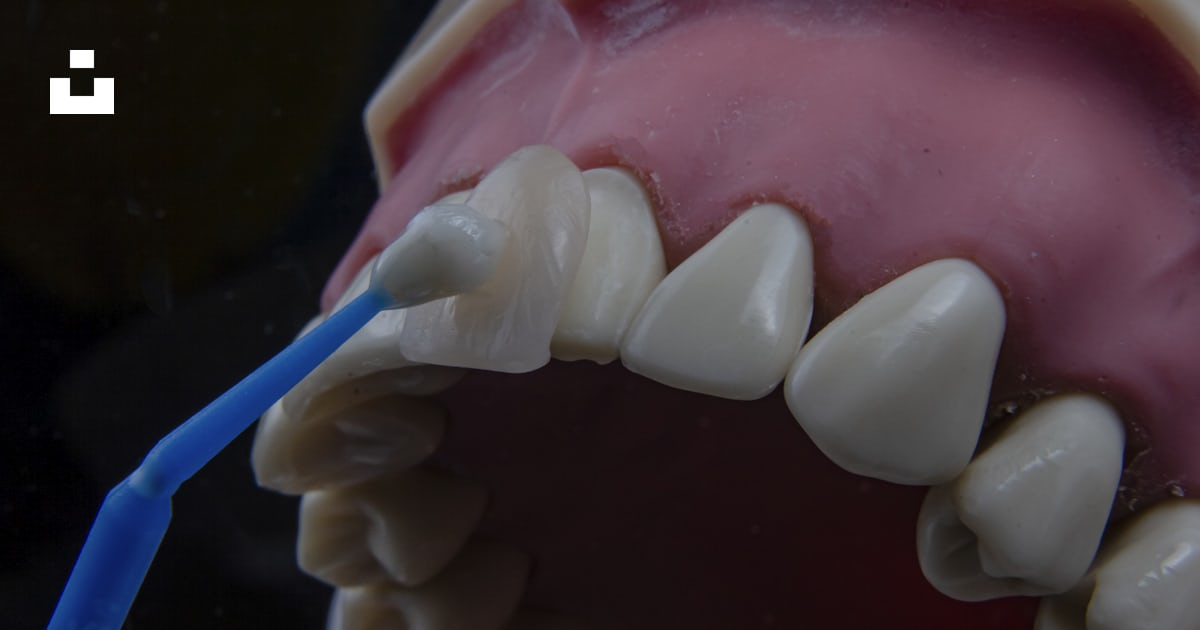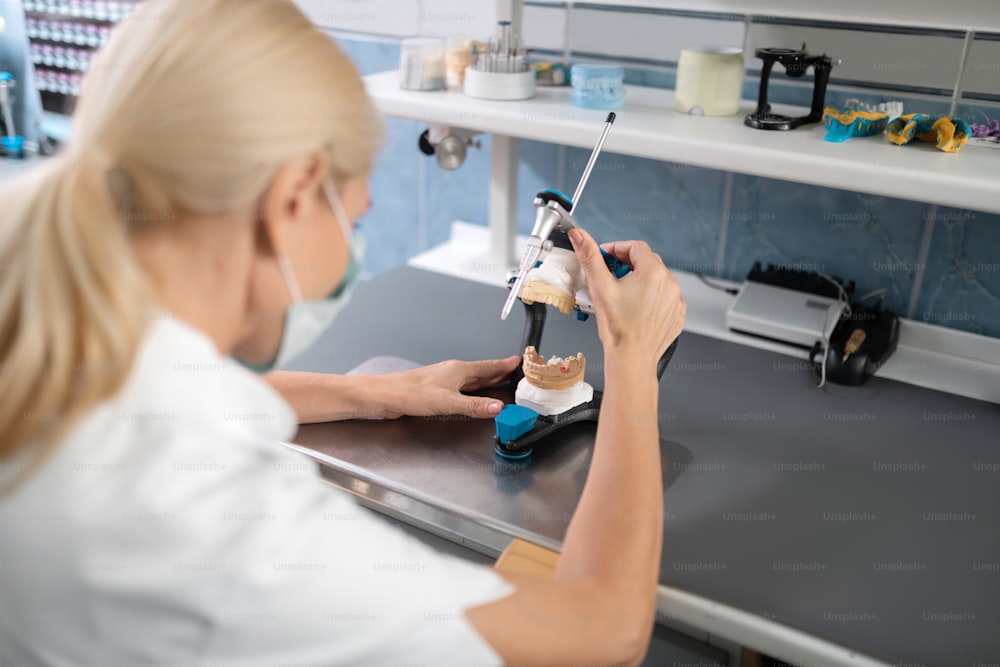Dental Implants Wheeling WV - Mono Dental Implant Granville OH
Dental Implants Wheeling WV - Mono Dental Implant Granville OH
Blog Article
Dental Implant Johnstown OH - Get Your FREE Dental Implant Consultation NOW!
When determining what sort of anesthesia is used for dental implants, it becomes important to explore varied options obtainable to patients. The alternative of anesthesia can significantly impression the comfort of the process, the general experience, and the pace of recovery. Dental Implant Columbus OH.
Local anesthesia is the most generally used sort for dental implant surgical procedures. In this method, an anesthetic agent is injected close to the surgical site. Local anesthesia effectively numbs the focused area, allowing the oral surgeon or dentist to carry out the procedure with minimal pain to the patient. It is helpful as a result of sufferers remain absolutely awake and conscious throughout the process, fostering a way of control.
Dental Implant Sunbury OH - Dentist near Ohio
Sedation dentistry presents another strategy for these who could really feel anxious in regards to the procedure. Sedation can range from mild to deep, allowing patients to relax while their implants are placed. Different levels of sedation could be achieved via oral sedatives, nitrous oxide, or intravenous strategies. The degree of rest could be tailored to the precise needs or nervousness levels of the patient.
Nitrous oxide, commonly known as laughing fuel, is a popular choice for dental procedures, including implants. This form of sedation works quickly, permitting patients to really feel relaxed and euphoric. Administration is handy, because the fuel is inhaled via a mask placed over the nostril. Patients can usually resume regular actions shortly after the process, making nitrous oxide a favourite among both dentists and patients.
Another choice is oral sedation. This methodology entails taking a prescribed sedative before the appointment. Patients often feel sleepy and fewer conscious of their environment whereas still having the flexibility to talk with their dental staff if necessary. While oral sedation is effective, its onset and duration can vary from person to person, so dentists must consider particular person wants fastidiously.
Intravenous (IV) sedation presents deeper ranges of sedation, ideal for longer or more complex procedures. This method allows for rapid adjustment of sedation levels, as the anesthetic is administered directly into the bloodstream. Patients in this state may feel extremely relaxed and may not keep in mind the process afterward. IV sedation sometimes requires a more intensive recovery period in comparability with native anesthesia alone.
Dental Implant Condit OH - Implant Dentist
General anesthesia, although typically reserved for extra invasive surgical procedures, can additionally be considered for dental implants in particular conditions. This kind of anesthesia induces a state of complete unconsciousness, requiring close monitoring by an anesthesiologist. General anesthesia is appropriate for sufferers with severe anxiousness, those that have problem sitting still for prolonged durations, or when a number of procedures are carried out simultaneously.
The selection of anesthesia might also depend upon the patient's medical historical past and any underlying health conditions. Some illnesses could improve the risk of issues throughout anesthesia. Detailed discussions between the patient and the dental staff can lead to a customized anesthetic plan that ensures security while enhancing comfort.
Many sufferers express concern concerning the side effects associated with anesthesia. While unwanted effects can vary primarily based on the kind used, most native anesthetics show minimal risks. Common concerns embody temporary numbness and swelling close to the injection site. For those that opt for sedation, side effects might embody drowsiness, dizziness, or click to read more nausea.
Recovery time also performs a role within the choice of anesthesia. Local anesthesia sometimes permits for a quicker recovery, enabling sufferers to resume regular actions within hours. Sedation strategies may require more time for the medicine to wear off, necessitating arrangements for transportation post-procedure.
Dental Implant Alexandria OH - Emergency Dentist

The significance of communication between the affected person and the dental practitioner cannot be overstated. Sharing concerns and preferences permits for a tailor-made anesthetic strategy. A thorough evaluation helps to establish essentially the most applicable type of anesthesia to make sure each comfort and effectiveness during the dental implant process.
In addition to consolation and safety, the general success of dental implants can be influenced by the selection of anesthesia (Dental Implant Columbus OH). The results of anxiety on the physique can complicate surgical procedures and lengthen recovery occasions. Therefore, a proper anesthetic plan plays a vital role in not solely quick consolation but in addition the long-term success of the dental implants.
Dental Implant Sunbury OH - Dental Hygienist near Ohio
Patients should be ready to discuss their medical history, anxiousness levels, and personal preferences when consulting a dentist for dental implants. This open dialogue permits the practitioner to create an anesthetic strategy that suits the person while making certain the process runs smoothly and successfully.

The quest for a pain-free dental implant procedure can be daunting for many. The various forms of anesthesia create options that can match particular person needs, lifestyles, and luxury ranges. The proper choice of anesthesia can flip a doubtlessly tense dental visit right into a more manageable expertise.
Dental Implant Alexandria OH - Dental Services - Ohio
In conclusion, understanding what sort of anesthesia is used for dental implants is essential for patients preparing for the process. From local to common anesthesia, each technique has its advantages and issues. With a wide range of choices obtainable, sufferers can work closely with their dental team to discover out the most effective strategy, enhancing not only consolation but also the probability of a successful end result. Ultimately, the number of anesthesia directly impacts each the experience through the process and the overall satisfaction with dental implants.
- Local anesthesia is predominantly used for dental implants, offering focused numbing to the surgical site whereas permitting the patient to remain totally conscious.
- Common native anesthetics embody lidocaine, articaine, and mepivacaine, each chosen for his or her effectiveness and length of action.
- Sedation dentistry may also be employed for patients with anxiousness, often using average sedation strategies like nitrous oxide or oral sedatives.
- General anesthesia can be an choice for advanced circumstances or in patients with severe nervousness or particular needs, ensuring a totally unconscious state.
- The alternative of anesthesia depends on the patient's medical history, degree of tension, and complexity of the implant process.
- During the process, monitoring of vital signs ensures the patient's security and luxury ranges are maintained.
- Post-surgery, sufferers are often given instructions regarding pain management, which may embrace over-the-counter pain relievers alongside advised dosages of native anesthesia.
- The use of anesthetic brokers can range based mostly on individual responses, necessitating a tailor-made method from the dental professional.
- Some dental practices may offer virtual reality or distraction methods to help patients manage nervousness alongside anesthesia choices.undefinedWhat sort of anesthesia is used for dental implants?
What is the commonest kind of anesthesia used for dental implants?undefinedThe most typical kind of anesthesia for dental implants is native anesthesia, particularly lidocaine. This numbs the surgical space to reduce pain in the course of the process.
Can I request sedation for my dental implant surgery?undefinedYes, many dentists provide sedation choices, corresponding to oral sedation or nitrous oxide, for sufferers who really feel anxious or choose a extra relaxed experience during dental browse around these guys implant surgery.
Dental Implant Centerburg OH - Best Dental Implants near Ohio

Will I be awake in the course of the dental implant procedure?undefinedIf native anesthesia is used, you might be awake however numb within the therapy area. If sedation is chosen, you may be in a light-weight sleep and never totally conscious of the procedure.
How long does the anesthesia last through the procedure?undefinedThe results of native anesthesia usually final for 1 to 3 hours, depending on the precise medicine used. However, the period can range primarily based on particular person factors.
Dental Implant Granville OH - Oral Surgeon - Oral Surgery Office

Are there any side effects of dental anesthesia?undefinedPossible side effects can embody momentary numbness, swelling, bruising, and, in uncommon cases, allergic reactions. It's essential to debate any concerns along with your dentist beforehand.
Can I eat or drink after receiving anesthesia for my dental implant?undefinedIt's finest to avoid consuming or drinking till the numbness has fully worn off to stop biting your tongue or cheek. Follow your dentist’s particular post-operative instructions for one of the best outcomes.
How is anesthesia administered for dental implants?undefinedLocal anesthesia is typically administered by way of a small injection instantly into the gum tissue. Sedation options might involve inhalation or oral medicine to assist you loosen up before the procedure.
Dental Implant Galena OH - Dentist near Ohio
Do I want somebody to drive me residence after the procedure?undefinedIf you’ve received sedation, it’s recommended to have someone drive you house, as you might feel groggy or disoriented. Local anesthesia alone often doesn't require help.
What if I have a concern of needles?undefinedIf you have a fear of needles, discuss this with your dentist. They can provide strategies to help ease your anxiety, such as using topical numbing agents earlier than the injection.
Report this page